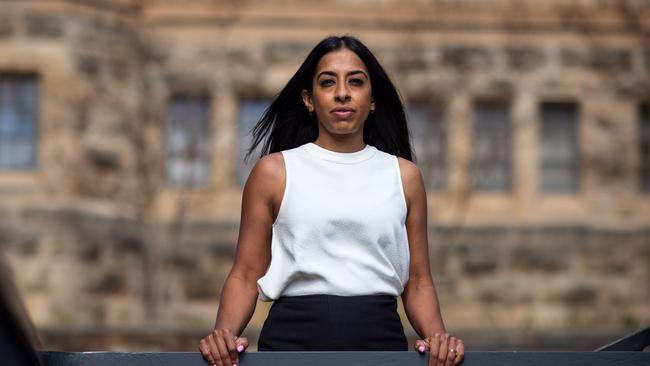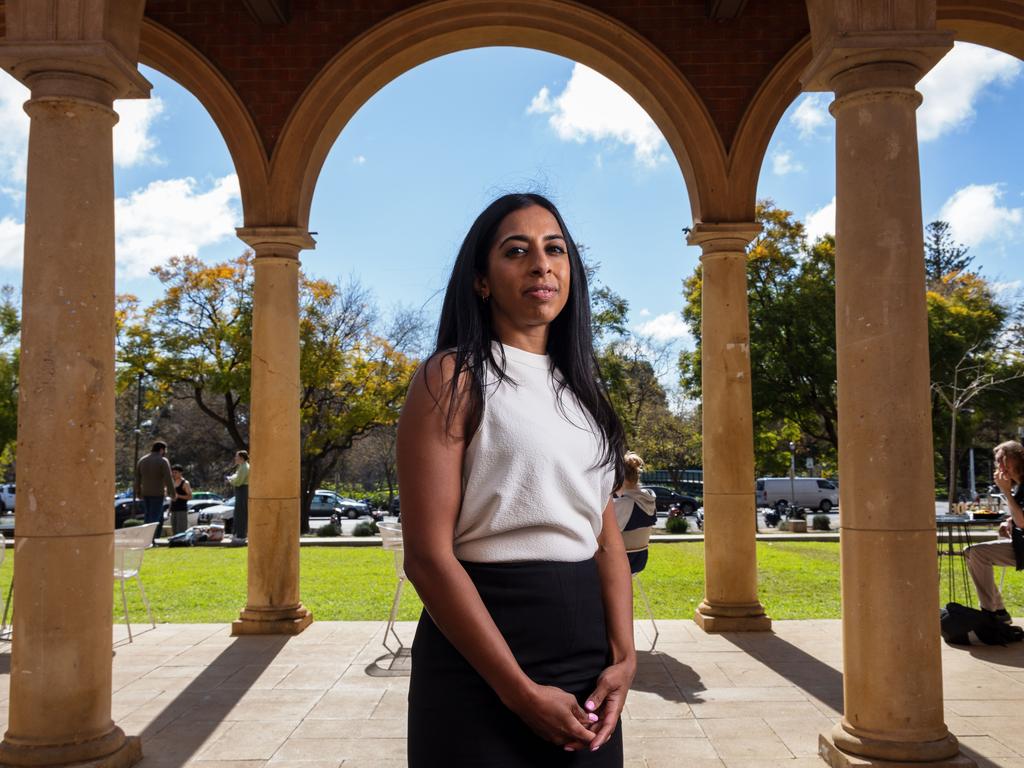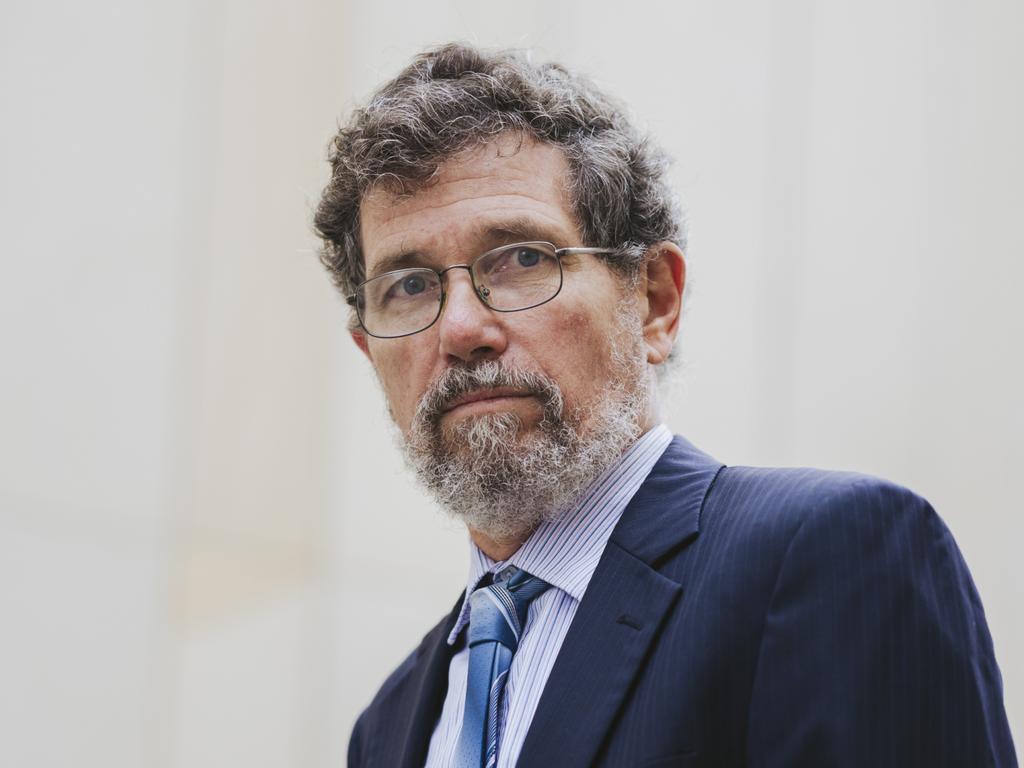I won my legal fight. But there is a wider battle being waged against academic freedom

I have experienced this first-hand as a professor of law at the University of Adelaide where I have been subject to five investigations in two years.
These investigations have been of varying degrees of severity, formality and length. But they have all been motivated by complaints from individuals who disagree with the substance of my research and advocacy critiquing abortion up to birth in Australia.
One was from a pro-abortion colleague complaining that my research critiquing abortion was religiously motivated and thus bringing down the reputation of the Adelaide Law School. Never mind the fact that I’d never once used religion as the basis for my argument critiquing laws that facilitate abortion up to birth!
Another complaint was from an activist member of the public alleging that my video on the tragic death of Jessica Jane was misleading. Jessica was a baby girl, unexpectedly born alive after an abortion and left to die on a metal kidney dish for 80 minutes in an empty room. Although my boss acknowledged my video was uncomfortable to watch, she confirmed the accuracy of its contents and its consistency with the coronial report.
Yet another complaint came in via an email from Western Australian Labor MP Peter Foster to the vice-chancellor. Foster’s problem? Apparently I’d been traversing the halls of WA parliament spruiking a research report that purported to be the views of the university.
It’s a pity Foster didn’t bother to read the report’s first footnote, which made it patently clear the views therein were the author’s alone.
Just before Christmas another investigation was initiated: this one prompted by an avalanche of complaints by TikTok activists claiming I had misrepresented facts on abortion and that I shamed women who got abortions. I had done no such thing but that investigation hung over my head, like a cloud, all through the summer holidays.
Finally on January 24, less than two hours after I’d received an email clearing me of the fourth investigation, I received another email, from a different department of the university, opening a new investigation into research misconduct. This one alleged plagiarism and misrepresentation of facts, and was prompted by a complaint from a pro-abortion activist with a TikTok account dedicated to attacking me.
This investigation was by far the most serious of those I had endured. It was formal, dragged out over months, and an independent investigator was appointed. When the investigator’s report cleared me of any potential breach of the Australian Code for Responsible Research, I breathed a sigh of relief, assuming it was over.
But the university had other ideas, imposing “corrective actions”: a mandatory requirement that I complete an anti-bias course within 30 days and ordering me to have a formal discussion with my line manager about my research.
Making things 100 times worse, the university then wrote a letter to the TikTok troll, failing to mention that I had been cleared of any breach of the Australian Code for Responsible Research. Instead, the university threw me under the bus; writing to the toll that corrective actions had been imposed.
Predictably, the TikTok troll released the letter online and a torrent of online abuse ensued. I was accused by all and sundry of being guilty of plagiarism and misrepresentation of facts, and that the university had ordered me to unpublish my research. Of course none of this was true but the university’s own letter had made it seem like it might be.
I appealed three times to senior management and pointed out that the university was in breach of its own policies by imposing these corrective actions on me.
My appeals were rejected out of hand and no reasons provided.
The 30 days passed and I refused to submit to the corrective actions. Instead, I fought back, taking my case to the Fair Work Commission asking for an urgent resolution to the dispute.
The university caved during conciliation and I won my case. The corrective actions were removed and a process has now been agreed to that will protect my academic freedom.
This is a significant victory for my academic freedom but this saga has exposed how dangerous it is for academics who dare take on controversial research.
I have written to Universities Australia chair David Lloyd, demanding that a new process be adopted across the higher education sector to address the problem of vexatious and bad faith complaints.

Although Australian universities protect academic freedom and freedom of speech in enterprise bargaining agreements, and through specific policies and procedures, the interaction of these protections with other policies and procedures of universities can result in academic freedom being undermined or circumvented altogether.
I am requesting that Universities Australia introduce a new, sector-wide requirement to mandatorily dismiss complaints that are made vexatiously or in bad faith. I am also requesting that universities only investigate complaints about the conduct of research if they are made by a person who is a member of the academic staff of the university, a person of good standing in Australia’s academic research community, or a person directly affected by the alleged misconduct.
The rise of cancel culture, increasing political polarisation and the pressure to protect students from uncomfortable ideas they deem offensive have the potential to seriously erode academic freedom and freedom of speech in our universities.
I know this first-hand and I’ve won my legal fight. But this battle is bigger than me and we need institutional-wide reform to ensure the robust protection of academic freedom and free speech for scholars and students on campus.
Dr Joanna Howe is a professor of law at the University of Adelaide.






There is no such thing as academic freedom and free speech on campus if activists can weaponise a university’s complaints-handling process to harass scholars and students they disagree with.